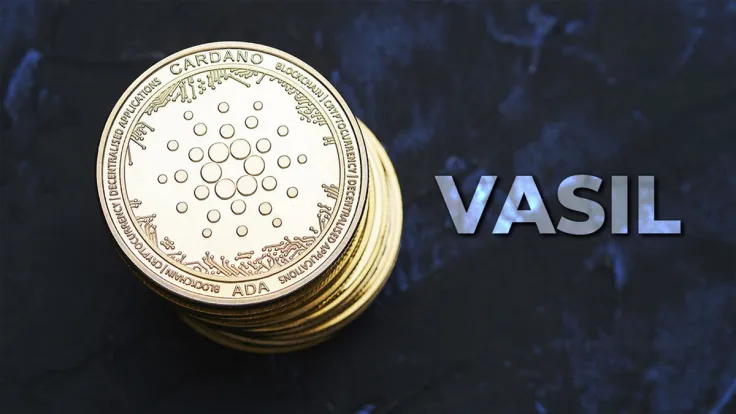
Disclaimer: The opinions expressed by our writers are their own and do not represent the views of U.Today. The financial and market information provided on U.Today is intended for informational purposes only. U.Today is not liable for any financial losses incurred while trading cryptocurrencies. Conduct your own research by contacting financial experts before making any investment decisions. We believe that all content is accurate as of the date of publication, but certain offers mentioned may no longer be available.
The Plutus V2 Cost Model network upgrade went live on the Cardano mainnet on Sept. 27, five days after the Vasil upgrade was triggered.
Every Friday, we publish our weekly #Cardano development update. So for the lowdown on what IOG's dev team has been working on last week, head on over and take a look👇https://t.co/udW6gkdFhp?from=article-links
— Input Output (@InputOutputHK) December 9, 2022
The Plutus V2 Cost Model network upgrade, per the Cardano team, increases the operational efficiency of dApps (decentralized applications).
Speaking of Plutus, it is the smart contract platform of the Cardano blockchain that allows for the writing of applications that interact with the blockchain.
Plutus Core is a scripting language used in the Cardano ledger. September's Vasil upgrade brought about a new version of Plutus Core (Plutus V2), a tuned Plutus interpreter and new cost models for both Plutus V1 and Plutus V2 scripts.
The Cardano network reached the significant milestone of 3,000 Plutus scripts at the start of August and has shown no signs of slowing down since then.
On Sept. 22, the date of the Vasil hard fork, the number of smart contracts or Plutus scripts stood at 3,292. According to the most recent weekly report compiled by Cardano builder IOG, the number of Plutus scripts is 4,347, of which 400 are Plutus V2 scripts.
Currently, 1,151 projects are in various stages of development on the Cardano blockchain. There are also 7.2 million native tokens minted across 66,530 policies. The total number of transactions is now 56.3 million.
Cardano's decentralization drive
In a thread of tweets shared by crypto researcher Sooraj, Cardano remains at the forefront of research and the development of an objective decentralization measurement framework: the Edinburgh Decentralization Index (EDI).
Currently we have no real benchmarking or Indexes
— Sooraj (@Soorajksaju2) December 9, 2022
to assess the degree of #Decentralization of public blockchains
That's why the #Crypto industry falls for the shiny new chain run by 4 people
Here's a thread on the Edinburgh Decentralization Index👇 https://t.co/qk5xZFe0gk?from=article-links
EDI is an index developed by the University of Edinburgh to measure the level of decentralization of public blockchains.

 Dan Burgin
Dan Burgin Vladislav Sopov
Vladislav Sopov